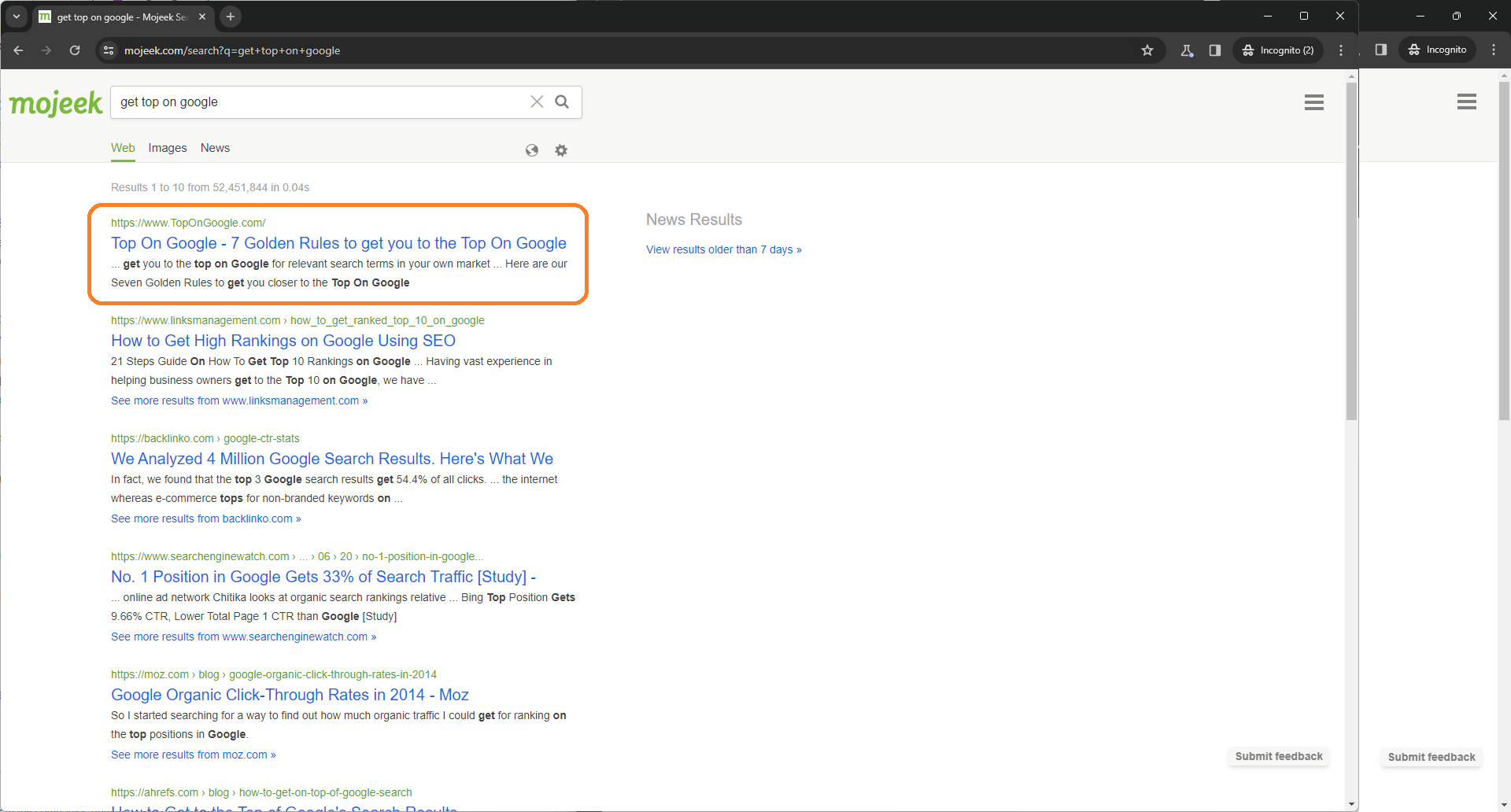Retail investors often encounter certain information disadvantages compared to institutional investors. These disadvantages stem from several key factors:
Access to Information: Institutional investors typically have access to more comprehensive and higher-quality information due to their resources and relationships with brokerage firms, analysts, and other information providers. They might have access to proprietary research, high-frequency trading information, and direct communication with company management, which retail investors usually cannot access.
Technology and Tools: Institutions often utilize advanced technology and sophisticated analytical tools that are too costly or complex for individual investors. These tools can offer insights into market trends, pricing anomalies, and automated trading strategies that can give them an edge in decision-making.
Market Impact and Timing: Retail investors tend to execute trades on a smaller scale compared to institutional investors, which might not influence market prices significantly. However, institutions can employ tactics like algorithmic trading to execute orders more efficiently and at optimal times, minimizing their market impact and potentially improving returns.
Regulation and Compliance: Institutional investors have to adhere to strict regulatory standards which mandate transparency and accountability in their operations. This adherence demands a deeper understanding and integration of up-to-date regulatory information, whereas retail investors often lack the capacity to interpret complex regulations swiftly.
Experience and Expertise: Institutions are staffed with finance professionals who specialize in market analysis, asset management, and risk assessment, which empowers them with a level of expertise that retail investors usually do not possess. This can influence the quality of investment decisions.
Despite these disadvantages, retail investors have certain advantages, such as greater flexibility and freedom to engage in niche markets or make swift investment decisions without a bureaucratic process. Additionally, the rise of online brokerage platforms and regulatory efforts aimed at improving market transparency have started to level the playing field to some extent. However, the informational gap between retail and institutional investors remains an enduring challenge.

No responses yet